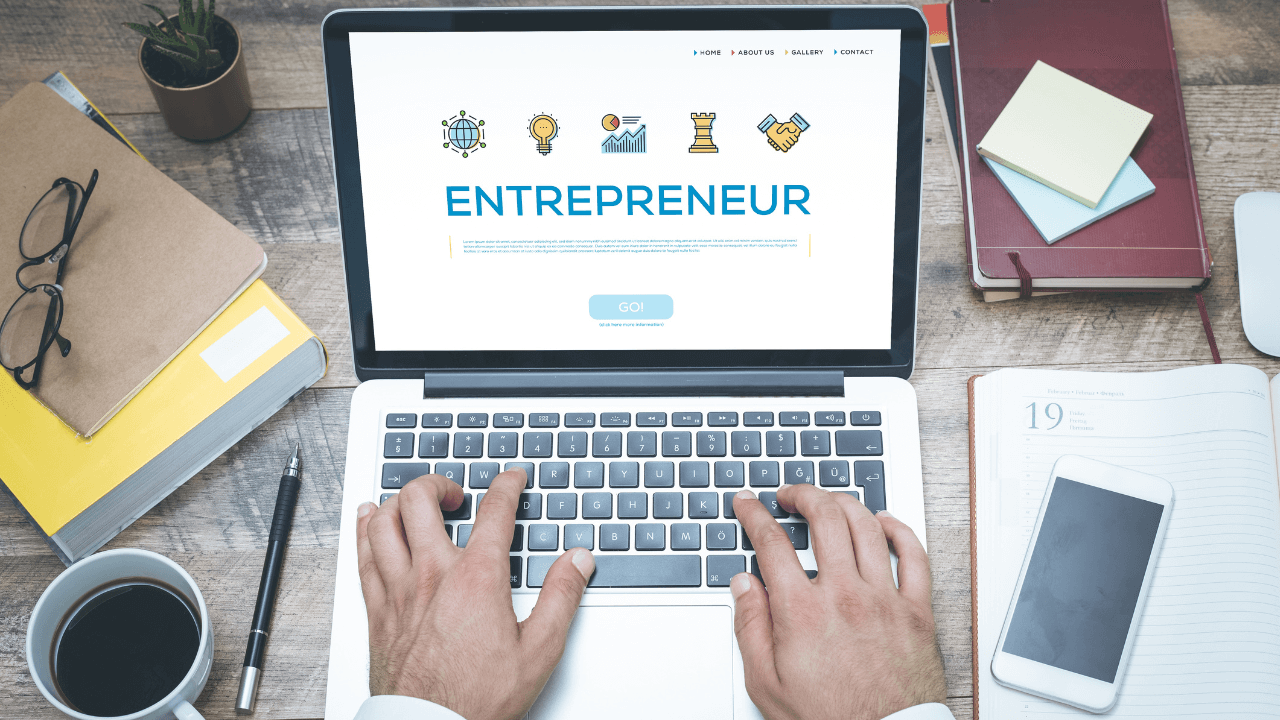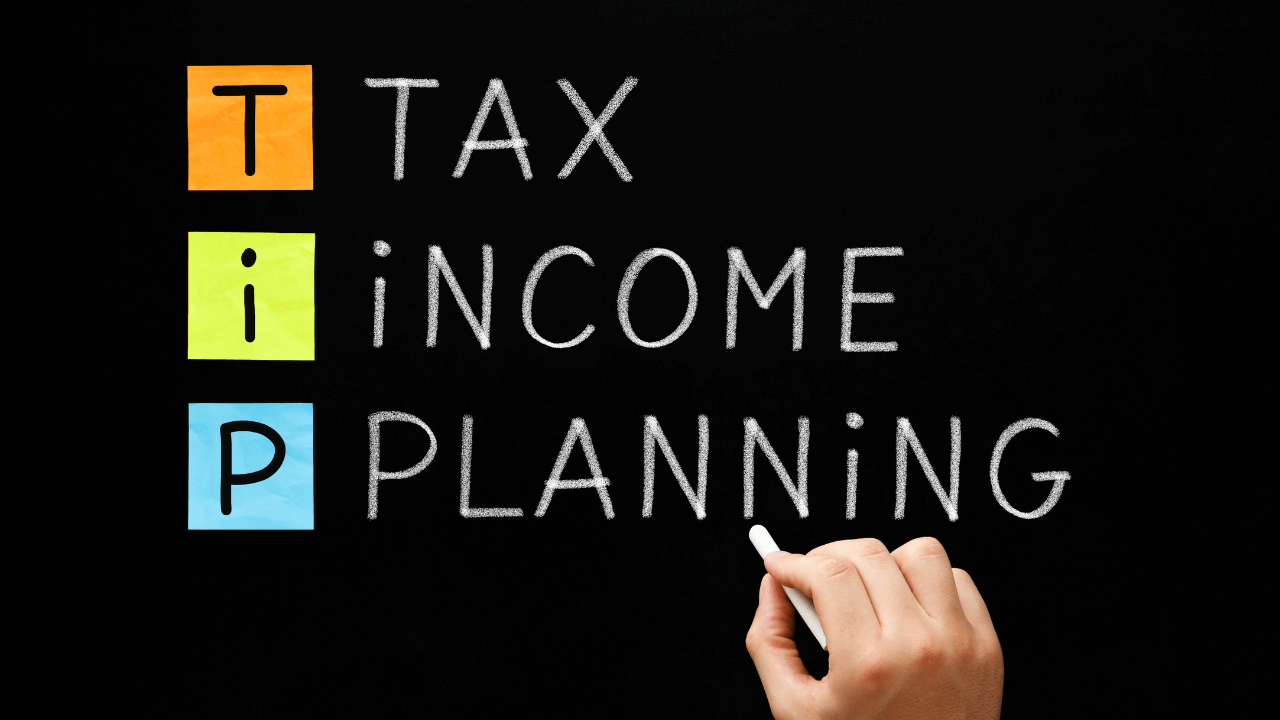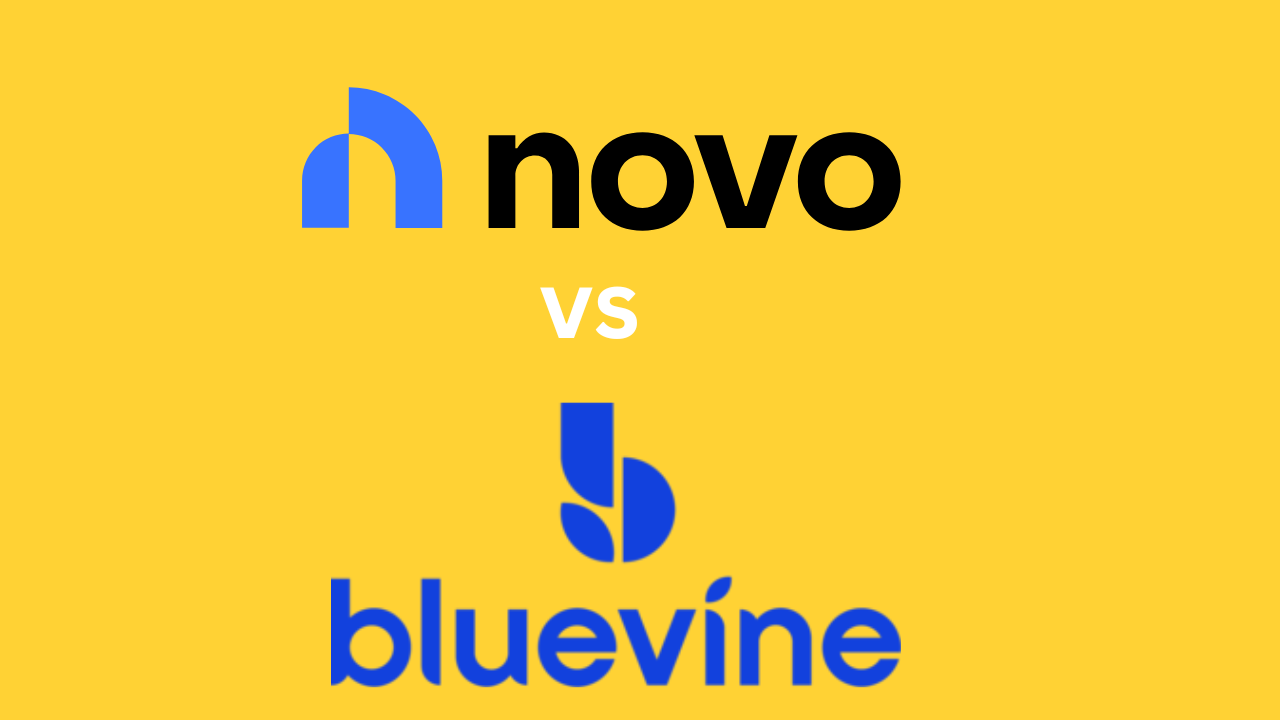Language:
The O-1 Visa for Startup Founders
For many international founders, securing a work visa is essential in bringing their startup to the United States. Out of all the U.S. work visas, the O-1 visa tends to be a top choice for founders. Why is that? Read on to hear from our friends at Legalpad on this topic!

U.S. Immigration for Startup Founders
This is a guest post from our friends at Legalpad!
Anyone can start a U.S. company—nope, you don’t need a visa or green card to launch your startup!
However, if you want to live and work in the U.S. to grow your startup, you’ll probably want to look into a work visa. Work visas (also called nonimmigrant visas) allow you to work temporarily for a U.S. company.
Advantages of the O-1 Work Visa
There are quite a few work visa options available to international founders. Yet the O-1 stands out for several reasons:
- No degree requirement: It is no secret that some entrepreneurs drop out of university to launch a startup. No shame here! Even if you have a degree, but it is unrelated to your current field, you may have trouble getting another visa like the H-1B or TN. Thankfully, the O-1 visa has no degree requirements.
- No minimum salary requirement: Pay yourself what you want to pay yourself. Unlike other work visas, such as the H-1B, the O-1 does not have any prevailing wage requirement.
- No limit on the number of O-1s granted each year: You don’t need to worry about a cap or lottery. An unlimited number of O-1s are available each year and you can apply at any point during the year.
- Get a response from the government in less than 15 days: USCIS will review your O-1 petition in 15 calendar days or less if you pay an extra $2500 premium processing fee.
- Unlimited status extensions: There is no limit to the number of times you can extend an O-1 visa. It can be extended in three-year increments indefinitely.
- High chance of extension approval: There is a high likelihood of extension approval based on USCIS’s dereference policy.
- Work for numerous U.S. employers: Most work visas restrict you to working for a single employer. However, you can hold two or more O-1s at once. If you want to work part-time at your startup while also working for another U.S. employer, you can easily do that on two O-1 visas.
Qualifying for the O-1A Visa
There are two ways to qualify for a business O-1A visa:
- You have won a significant internationally recognized award, such as a Nobel Prize.
OR
- You meet at least three of eight Extraordinary Ability criteria.
The vast majority of founders qualify for the O-1 through the second route. Let’s go into each of the eight Extraordinary Ability criteria and how you can meet them as a startup founder.
Awards
Nationally or internationally recognized prizes or awards for excellence in your field
Has your company received venture capital funding? Even though VC funding is offered to your company and not you as an individual, many founders meet this criterion with VC funding!
You can also qualify with more traditional awards, such as a Stevie Award or a Forbes 30 Under 30 feature.
Membership
Membership in associations that require outstanding achievements, as judged by international experts
Going through a top accelerator program such as Y Combinator, Techstars, and 500 Startups can help you meet the membership criterion.
Alternatively, membership in an elite association related to your field can also satisfy this criterion. For example, many founders use their membership in On Deck, Forbes Business Council, or IEEE for their O-1 application.
Published Materials
Published material about you in professional publications, major trade publications, or other major media
You can meet this criterion with features in top press outlets. For example, many startup founders use articles in TechCrunch and Forbes to satisfy this criterion. The best articles for the O-1 are articles about you. However, you can use articles about your startup that mention you by name.
Judging
Judging the work of peers in your field, either individually or on a panel
You can easily meet this criterion if you’ve judged a hackathon or pitch competition. Judging can also be satisfied by reviewing accelerator applications, venture capital investment choices, or academic papers.
Original Contributions
Original contributions of major significance to your field
By creating a startup, you are creating something new. In the same way you pitch to investors, you’ll want to pitch your business to USCIS with this criterion. In doing so, you must highlight both the uniqueness of your startup and how it is majorly significant. For example, have you received VC funding, gone through accelerators, secured partnerships, and attracted clients? These types of accomplishments can prove that your startup is majorly significant.
You can also meet this criterion with previous startups, patents, or other novel inventions. The key is demonstrating that you have created something that is both novel and significant.
Scholarly Articles
Authorship of scholarly articles in professional publications, major trade publications, or other major media
Typically, this criterion is met with peer-reviewed journal articles. However, some startup founders meet it with articles published on business media sites like Forbes or TechCrunch.
Critical Employment
Employed in a critical or essential capacity at a company with a distinguished reputation
This criterion has two aspects: (1) you were/are a critical employee (2) at a company with a distinguished reputation.
Being a founder makes you a critical employee. To show that your startup is distinguished, you’ll need to highlight any press articles about the startup, VC funding, grants, awards, partnerships, and other impressive accomplishments.
You could also satisfy this criterion with roles you held previously. VP of Sales at a successful startup? Perfect fit. Director of a critical team at a large corporation? That could also work!
High Remuneration
You have commanded a high salary or other significantly high remuneration
To satisfy the high remuneration criterion, you’ll need to show USCIS that you have been among the top 10% of earners in a given role and location.
This could include the salary and bonuses you earned at your last employer, the compensation you earned ten years ago in your home country, or the salary and equity you will be paid at your new startup.
Get Your O-1 Visa
It is never too early to start thinking about your future in the U.S. If you want to explore the O-1 and other visas, it might be worth chatting with our friends at Legalpad. Having helped over five hundred startup founders secure work visas and green cards, Legalpad is an incredible resource for everything related to startup immigration.
Excerpt: Most venture-backed founders qualify for the O-1 visa. With flexible criteria and unlimited extensions, the O-1 is a visa worth considering!
Keep reading
Start your dream business and keep it 100% compliant
Turn your dream idea into your dream business.















